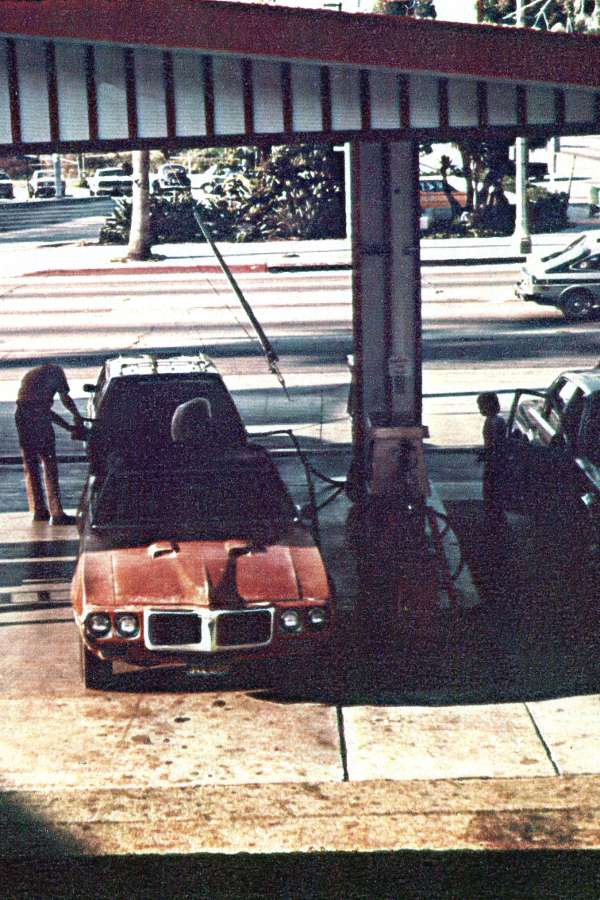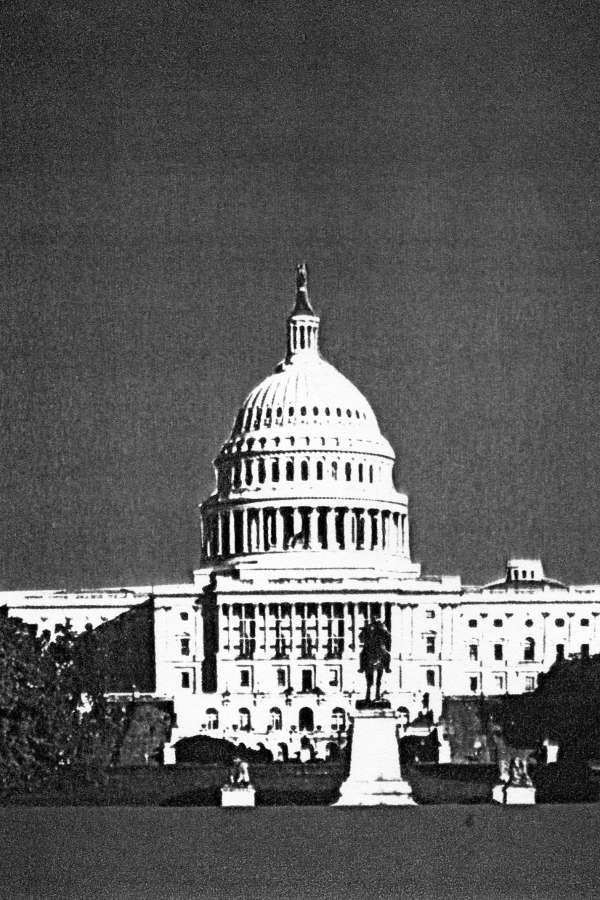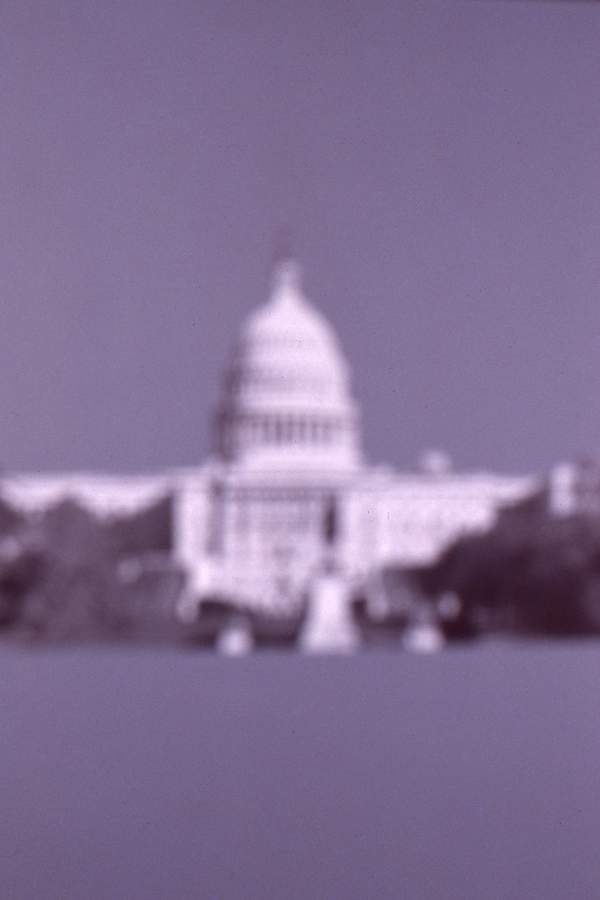|
|

|
GULF OIL -- Pittsburgh-based energy conglomerate.
Large holdings held by the Mellon family.
All figures on oil companies hereon are supplied by Fortune Magazine. Figures represent total sales. This seems to upset oil executives, making them defensive to the point of anger. They prefer to talk about profits rather than sales. However, the sales figures are listed for two reasons. (1) When putting $5 of gas in your car's tank, you rarely hear the gas station attendant or cashier ask
for $4.75 to cover expenses and an extra quarter to represent the profit. (2) Unfortunately for the energy conglomerates, their past history has created a credibility gap which will be difficult for them to overcome. Much like the boy who cried wolf once too often, they must live with the stigma that they have shown a willingness to lie, cheat, and misrepresent the facts countless times, to both the government and the consumer. Whatever profit —- and sales figures -- they might show tend to make many believe that they are deliberately deceptive and inaccurate.
A. 1971 -- $ 5 Billion, 940 Million, 002 Thousand
B. 1972 -- 6,243,000
C. 1973 -- 8,417,000
D. 1974 -- 16,458,000
E. 1975 -- 14,268,000
F. 1976 -- 16,451,000
G. 1977 -- 17,840,000
On April 5, 1979 President Carter announced his decision to deregulate the price of gas, effective June 1, 1979.
|
|



























































